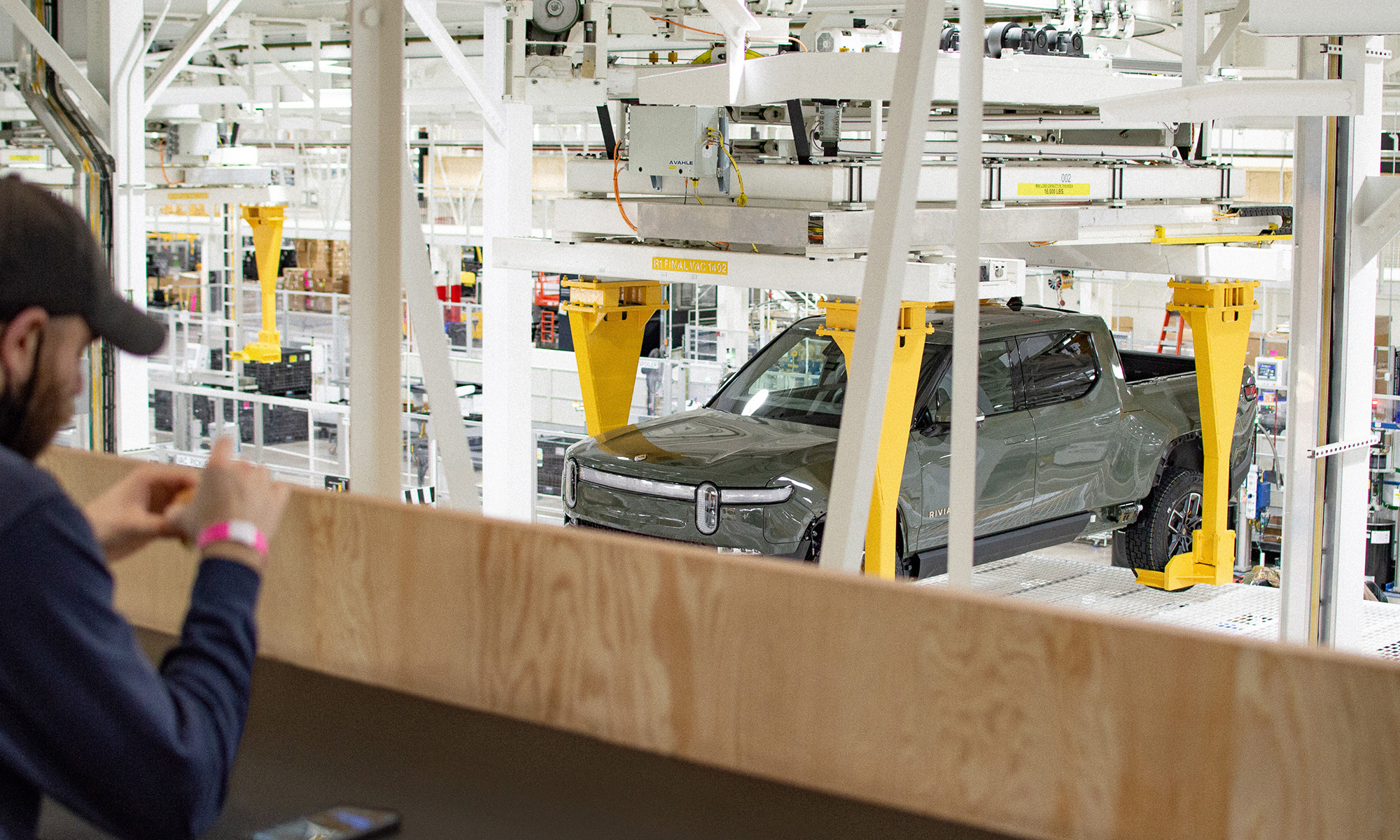Rivian Automotive (RIVN 0.85%) is an electric vehicle start-up trying to use new technology as a way to break into a mature and highly competitive industry. That is a tall order, but it has been done before, with Tesla showing that it is indeed possible.
But it is also possible that Rivian could fall short of its goal, as many upstart electric vehicle (EV) companies have also done. So, the big question is: Is the stock worth buying now?
What is Rivian trying to do?
At its core, Rivian is an industrial business built around manufacturing highly complex and expensive products. Creating such a business from the ground up is very time-consuming and very expensive, which helps to explain why Rivian is bleeding red ink today. And it is highly likely to keep posting losses for years to come. If you are a conservative investor, you will probably want to avoid Rivian stock.

Image source: Getty Images.
However, there's an interesting twist here. Tesla basically created the EV space, proving to the established automakers that there was a real business in what had previously been considered just an enthusiast's niche. Tesla brought in new technology that disrupted the old way of doing things. Rivian is trying to ride on Tesla's coattails to break into the auto industry, too.
Like Tesla, Rivian has started out with a high-end model. And like Tesla, it is now working on bringing out a lower-priced option for the mass market. The company has switched from focusing on increasing volume to a focus on turning a profit. And it has made strong progress, having hit its target of generating a modest gross profit in the final quarter of 2024. It repeated the feat in the first quarter of 2025 but fell short in the second quarter of the year.
There are some near-term headwinds to consider
A gross profit is not the same as producing positive earnings. A gross profit just means that Rivian sold each car for more than the car cost to produce. There are other costs further down the income statement that will continue to keep it from getting into the black.
The company is a start-up, so that's to be expected. What's important is that it hits its internal goals and, so far, it has done a good job of that. And this success has allowed Rivian to partner with industry-leading companies like Volkswagen and Amazon and attract ample growth capital.
But the change in administrations in Washington has shifted the playing field. The once-generous government support for EVs has become less so. And Rivian has updated its full-year forecast for earnings before interest, taxes, depreciation, and amortization (EBITDA) in a downward direction. That's not good, but it is the kind of thing that happens from time to time.
The company continues to focus on what it can control, which right now is execution. The next big goal is bringing out a lower-priced model, likely in 2026, that will help it reach mass-market customers.

NASDAQ: RIVN
Key Data Points
Basically, Rivian has plenty of cash on its balance sheet (over $7 billion) to support its business and is making steady progress as it builds out that business. It is not a low-risk investment, but for more-aggressive investors, it might still be worth a closer look. If Rivian can achieve even half the success that Tesla has, the future could be very bright for the stock.
Go in understanding the risks
Although some of Rivian's upstart EV peers have fallen by the wayside, it continues to move forward. The company's execution has been very good, and that suggests that a positive outcome looks increasingly possible.
But it is still a money-losing start-up, so there is always the risk that it, too, falls by the wayside -- which is why only aggressive long-term investors should be looking at it. The upside could be huge, but you need to understand the risks you are taking if you buy a company that is still in the early stages of its development.





